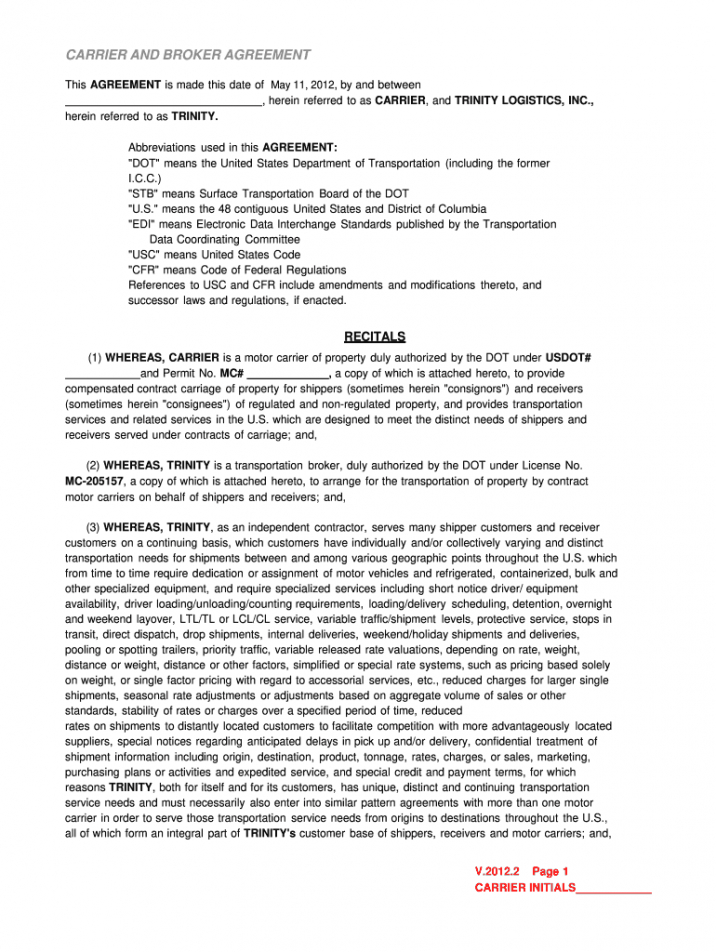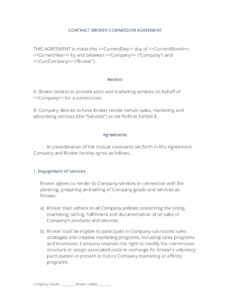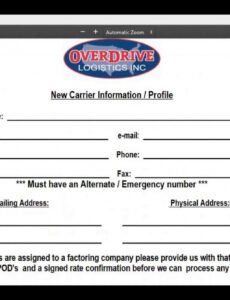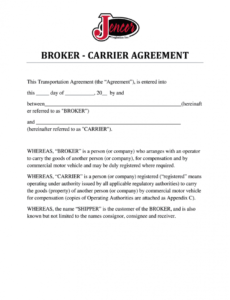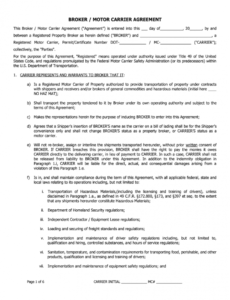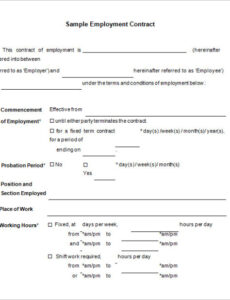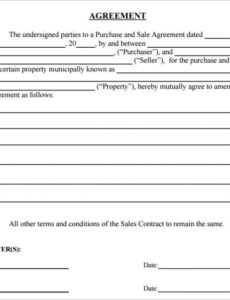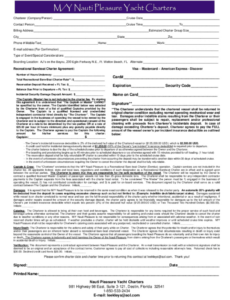Freight broker contract template, A contract is defined as a written or spoken agreement that’s meant to be enforceable by law. Basically, contracts are promises that the law will apply. The law of contracts is at the center of most business dealings and is, therefore, among the most significant regions of legal issue. Most contracts that could be completed in a year may be either written or oral. Major exceptions include contracts between the ownership of real estate and commercial contracts for merchandise worth $500 or greater, which has to be in writing to be enforceable.
Generally speaking, a contract is an agreement between a couple of people, which creates an obligation to do or not do a thing. The arrangement comes along with a record of rights and duties, bounding about the parties involved. In the event the agreement has to be broken, there are exceptions in the law for remedies. Contract laws cover the legal aspects and consequences arising out of the law. Contract laws determine whether or not a contract will be legally competent. They also manage other associated things like whether there were fraudulent measures involved or using procedures which define how a contract is terminated.
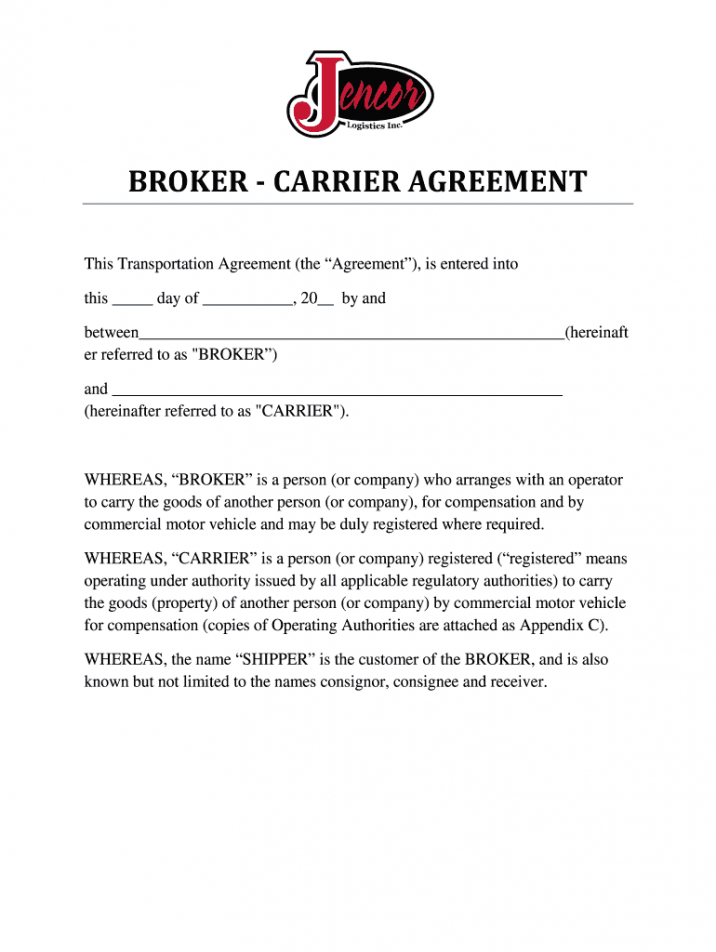
This isn’t the first book I would recommend or look to for the beginner wanting to write a contract, nor does this publication have sample contracts or forms to a number of circumstances. This book does include is an alphabetical list of just about anything you can think about involving contracts. It is just a contract encyclopedia. (While it’s definitions such as a dictionary sometimes, the entries are more as an encyclopedia than dictionary)
Apart from the definitions, the publication also has illustrations of contract provisions, including sample contracts, and sample clauses that you could add into contracts you are drafting. In some places, Stim supplies a little additional data, like the seven pages on negotiation. Clearly, there is much more to discussion, you are able to fill reserve shelves with books on this subject, but it is nice to have a bit aimed at contract negotiation.
Many law firms, notably small law firms, get the use of contract attorneys for quite a good method to maintain flexibility and enlarge their law firm without hiring in-house, midsize lawyers. Firms are legally allowed to add a reasonable surcharge to the fees of their usual attorneys. In a slowing economy, the usage of contract attorneys helps give companies a competitive advantage, decreasing costs while increasing efficiency. As contract law becomes a bigger sector of the law business, lawyer agencies have become more numerous. These are basically companies which find jobs for lawyers to perform and take a small fee for their services. Some firms who employ contract lawyers prefer to undergo such agencies since they (the agencies) need a certain caliber and professionalism from the lawyers they signify.
